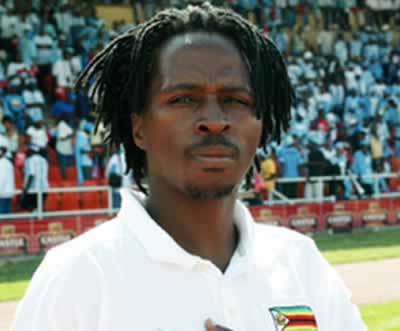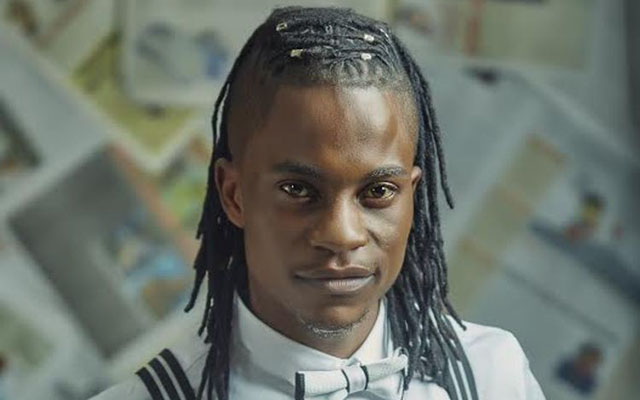Journalists force way into closed session for President’s speech


President Mugabe addresses delegates attending the inaugural African Economic Platform Summit in Mauritius yesterday. — (Picture by Presidential Photographer Joseph Nyadzayo)
Tendai Mugabe in PORT LOUIS, Mauritius
Journalists from all over the world covering the ongoing African Economic Platform (AEP) here yesterday could not stomach missing the chance of capturing President Mugabe’s speech live and forced their way into a closed session when they realised it was his turn to make a contribution. The journalists had been calm all along when other speakers took to the floor, while following proceedings from giant screens in the media centre, but all of a sudden they stormed the entrance when the President’s turn to speak came.
The journalists had been barred from covering the plenary session because the conference venue was too small and were asked to watch proceedings on giant television screens in the media centre.
But security officers failed to control them when they disregarded protocol and stormed the entrance just not to miss that once-in-a-lifetime experience of covering the African icon’s speech.
They were eventually allowed to capture his contribution and some of them could be seen voluntarily leaving the room after he finished speaking.
In his speech, the President said Africa had suffered too much external interference, resulting in the continent failing to develop economically using a developmental path of its choice.
The President said the meddling started with colonisation and was now playing out throughout Africa via non-governmental organisations (NGOs).
Such interference, said President Mugabe, was done in the name of democracy and promotion of multi-party system, but in some cases it had led to instability in some parts of Africa.
Said President Mugabe: “So, we have not been left to ourselves to do our own things, to develop ourselves indigenously. No. But what has it (democracy and multi-party system) meant? It has meant in some cases coup de tats, in others, a continued reliance on the big powers in Europe, America to support certain parties and we have in our systems today so much interferences by outsiders. Sometimes direct and now very common through what they call NGOs.
“Hundreds of them! In one country you get hundred (and) there is hardly any country. No! No, country in Africa without NGOs, none at all.”
President Mugabe said the interference challenge was being further exacerbated by the fact that some African countries over relied on the West for development, among other things.
“Some countries rely on them (West) for their security and stability – rely on them even for development of their cultural aspects of society – be it education and because the political factor has had its play with people forming parties with some leaders thinking ‘they’ alone to the exclusion of others must play the party.”
President Mugabe said in cases where subtle strategies of interference failed to achieve desired objectives, the external forces imposed illegal sanctions like what they did in the case of Zimbabwe.
“We have had sanctions for more than 10, 12, 15 years imposed on us, Zimbabwe, for no other reason other than the fact that we got our land back from the settlers, from the British government,” he said.
“So, the resource that we got, which is land – very crucial, has cost us quite a lot. Nevertheless, we try our best within Sadc.”
President Mugabe said despite setbacks posed by external interference, Africa had been yearning for unity for a long time. He said this resulted in the formation of the Organisation of African Unity (now African Union) in 1963.
President Mugabe took time to explain how the AU came into being and what its founding fathers wanted to achieve.
“So, it was thought by our co-founders that if we put ourselves together politically and from a big union, we may be able to serve our people better, hence the formation of the OAU in 1963,” said President Mugabe.
“But we went further, our founding fathers went further to recognise that, that unity can further up the interest and objectives, socio-economic, of our people as a whole in Africa.
“The entity is too large. We are not united – we are not United States of Africa in spite of the emphasis by others and the plea by others that we establish the United States of Africa at the time of the establishment of the OAU.
“That was not possible. So, it was suggested (that) we have regions, ECOWAS, SADC, COMESA, Central African, Maghreb and that, through that apparent segmentation, but covered overall by the OAU and of course supervised by the OAU from the above, we will manage to keep together and pursue the common goals that were adumbrated and established by the OAU to follow.”
African Union Commission chairperson Mr Moussa Faki Mahamat opened the AEP meeting and called for greater cooperation and trade among African countries.











Comments